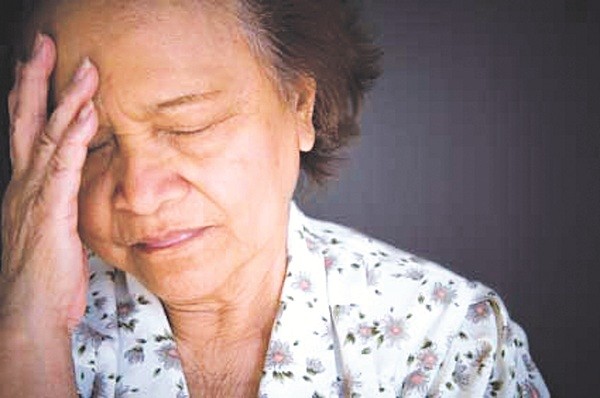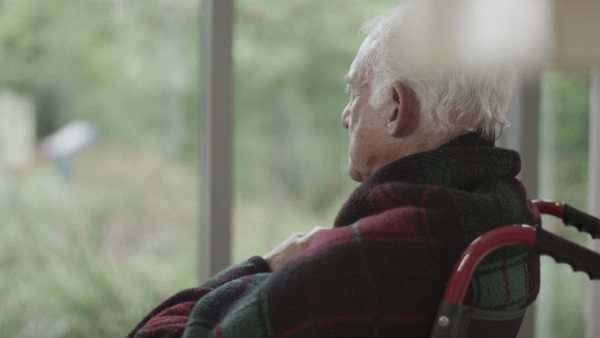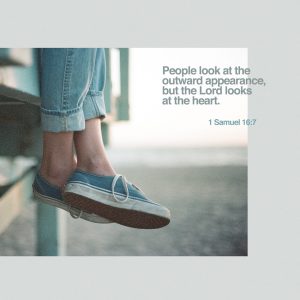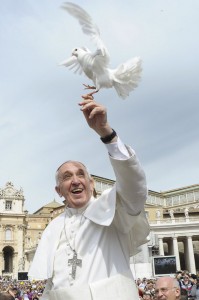J pour Judge
Some words of Jesus are without appeal.
There is no way to discuss, or to hesitate, or even to delay in putting them into practice.
 It is the case of the text of Luke, the gospel writer, reporting Jesus words (Luke 6:37-38)
It is the case of the text of Luke, the gospel writer, reporting Jesus words (Luke 6:37-38)
“Do not judge, and you will not be judged.
Do not condemn, and you will not be condemned.
Forgive, and you will be forgiven.
Give, and it will be given to you”.
Some will reply without delay:
“But we must judge…
Judge whether an affirmation is true, or false.
Judge whether a situation is dangerous, or not.
Judge whether a proposition is legal, or dishonest.
Judge whether a bargain is genuine, or deceitful.”
Of course, it is necessary to judge words, actions, situations.
Jesus does not prone naivety, nor credulity.
But he does not accept that we judge people.
Yet, this is what we do quite often…
We lend to some people intentions that they do not have.
We see in them defects which are not so.
We sometimes hold them responsible for misdeeds they have not committed.
Our judgements are based on inaccurate reporting.
The reputation we ascribe to them is without real basis, pure invention on our part…
The text of the apostle Luke goes on with a parable of Jesus which asks us a disturbing question:
“How can you say to your brother,
‘Brother, let me take the speck out of your eye,’
when you yourself fail to see the plank in your own eye?” (Luke 6:41).
Probably, an answer that is true would be… an admission on our part…
And a resolve… NOT to judge!
Note: In a short video (in French), Nadia Labrecque continues the reflection on this subject: https://youtu.be/VgR5FioXrAw?si=NydqkSUvogRvuAbE
Source: Image: Scripture Images

 If this is where we find ourselves just now, we need only to remember the words of the apostle Paul in the 2nd reading:
If this is where we find ourselves just now, we need only to remember the words of the apostle Paul in the 2nd reading:

 Oui, si c’était moi, j’aimerais, oh combien j’aimerais une visite amicale, une parole encourageante, un regard qui dit qu’on comprend, une taquinerie qui me fasse sourire – alors que j’ai presque oublié ce que c’est que de sourire!
Oui, si c’était moi, j’aimerais, oh combien j’aimerais une visite amicale, une parole encourageante, un regard qui dit qu’on comprend, une taquinerie qui me fasse sourire – alors que j’ai presque oublié ce que c’est que de sourire! This is the message of today’s 1st reading (1 Samuel 16:1,6-7,10-13):
This is the message of today’s 1st reading (1 Samuel 16:1,6-7,10-13):